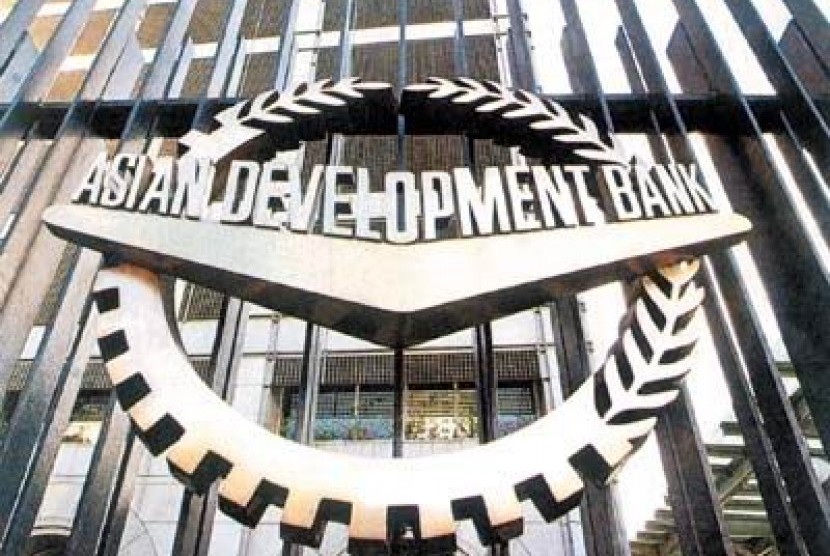REPUBLIKA.CO.ID, JAKARTA -- The Asian Development Bank (ADB) has revised down the growth forecast for the Indonesian economy this year from 5.5 percent to 5.0 percent, which is at a range of 4.8 to 5.2 percent.
The downward revision is a result of the slow realization of government programs, delayed structural reform of the Indonesian economy, and the prolonged global economic slowdown, ADB Deputy Country Director for Indonesia Edimon Ginting said here on Tuesday.
He added that the government's stimulus to the economy will fall short of the previous forecast due to delayed execution of its expenditures and potential shortfall, the difference between targets and their realization, and higher-than-expected tax receipts.
In addition, the slow execution of the government's capital expenditure in early 2015 led to an economic growth rate of only 4.71 percent in the first quarter of 2015, which is lower than expected.
Ginting predicted that the Indonesian economy will continue to grow at a rate of less than 5.0 percent in the second quarter, but it will steadily increase in the third and fourth quarters due to the realization of state expenditures.
With regard to achieving the tax receipt target of Rp1,294.25 trillion in 2015, he believes there will be a shortfall. However, if the government makes breakthroughs, both in infrastructure technology and in implementing policies, the potential shortfall can be narrowed.
Moreover, Ginting pointed out that the delayed economic structural reform had short-term negative impacts on the economy, including a volatile increase in the prices of fuel. The negative impacts are larger than the positive impacts of the economic structural reform, which will be felt in the long run.
The positive impacts, including the reallocation of fuel subsidy to productive sectors as well as the improvement of investment licensing and land clearance, will be felt only in the second semester of 2015 and 2016, he noted.
According to Ginting, there will continue to be a deficit in global commodity prices with uneven global economic recovery. Indonesia's trade partners, including China, Japan, and the United States, are still facing obstacles in their efforts to boost growth as expected.
If the Indonesian government is able to maintain structural reforms, the country may record an economic growth rate of 5.6 percent in 2016.


